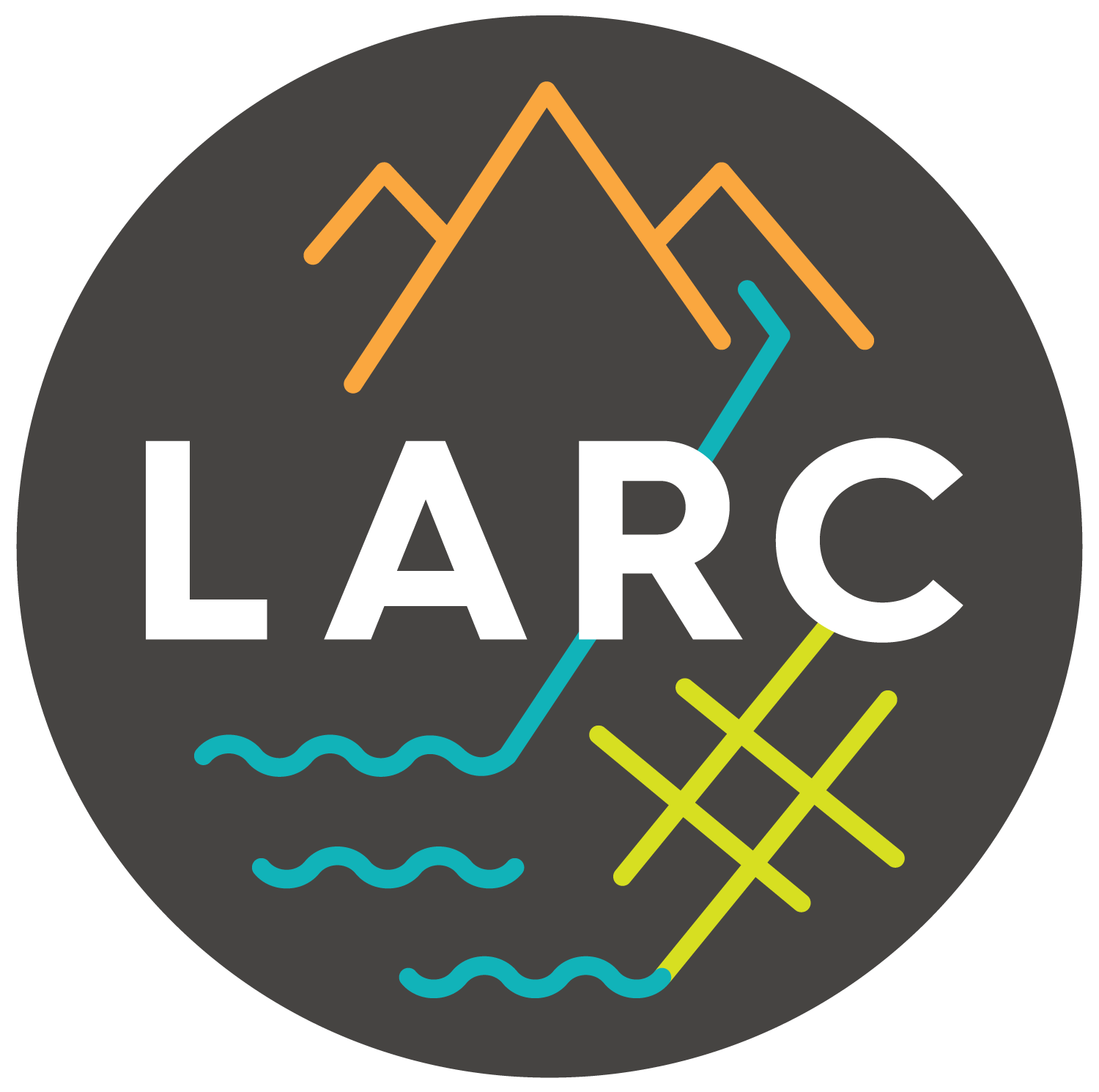CPUC R.22-11-013 Data Working Group
Project Background & Funder
The California Center for Sustainable Communities (CCSC) at UCLA, with support from the Los Angeles Regional Collaborative for Climate Action and Sustainability (LARC) at UCLA, will facilitate a series of workshops over the next six months on data access related to distributed energy resource (DER) objectives, and produce a report to the California Public Utilities Commission (CPUC) summarizing the DWG findings and recommendations. This work is funded and supported by the CPUC.
About the Data Working Group
The Data Working Group (DWG) was established under Phase 1 Track 2 of California Public Utilities Commission (CPUC) R. 22-11-013, Rulemaking to Consider Distributed Energy Resource Program Cost-Effectiveness Issues, Data Access and Use, and Equipment Performance Standards. This rulemaking will establish the procedural framework for articulating the Commission’s DER Action Plan 2.0 Customer Programs Track vision.
Distributed energy resource (DER) program, for the purpose of this rulemaking and the Data Working Group, refers to programs offered to ratepayers by utilities, or other load-serving entities, that enable participants to manage their energy use by purchasing energy efficient or electric generation technologies, making behavioral changes, or engaging in other activities that occur on the customer’s premises. DER programs are fundamental to greenhouse gas reductions and other state energy goals.
As articulated in the DER Action Plan 2.0, the Commission is committed to enabling “all customers to effectively manage their energy usage in a manner that ensures equitable participation and distribution of benefits, alignment with evolving rate design and load flexibility, alignment with distribution planning objectives, and alignment with integrated resource planning objectives.”
The Data Working Group will address:
Rules and requirements on data access to support the selection, adoption, evaluation, and utilization of DERs by customers and other entities,
Opportunities to increase the accuracy of load forecasting, including as related to DER grid integration,
Data-related issues specific to environmental and social justice (ESJ) communities and opportunities to support DER adoption in these communities,
Alignment with other DER-related Commission proceedings, and
Considerations regarding customer privacy; data sharing and access; standardization or centralization of databases, data models, data collection and data reporting tools; data management best practices; and data reporting redundancies.
The DWG will engage a diverse range of stakeholders, including utilities and other Electric Service Providers (ESPs), state agencies, local and tribal governments, third-party implementers, community-based organizations, Community Choice Aggregators (CCAs), Renewable Energy Networks (RENs), and other interested parties. The Order Instituting Rulemaking (issued 11/23/22) and Scoping Memo and Ruling (filed 5/31/23) provide additional detail on potential priorities, questions, and pertinent issues regarding Track 2: Expanding Data Use and Access.
Schedule
Meetings are scheduled for the following Mondays from 2-5 pm:
August 26
Project Kickoff
Meeting Resources via Box | Recording
September 30
Grid Infrastructure
Meeting Resources via Box | Recording
October 21
DER Customer Programs
Meeting Resources via Box | Recording
February 24
Additional Use Cases & Returning to Previous Discussions
Join CPUC Service List
Please join the R. 22-11-013 service list to receive updates on the Data Working Group. Please contact the CPUC's Process Office at processoffice@cpuc.ca.gov and make your request by providing your name, e-mail, proceeding number (CPUC R.22-11-013), and organization you are representing (if any).
Describe a Use Case
A use case is a short description of the scenario for which energy data sharing is relevant. E.g. Use Case 1 from D. 14-05-016 (2014): local governments seek access to aggregate data for use in creating legislatively required Climate Action Plans and for implementation of EE programs.



